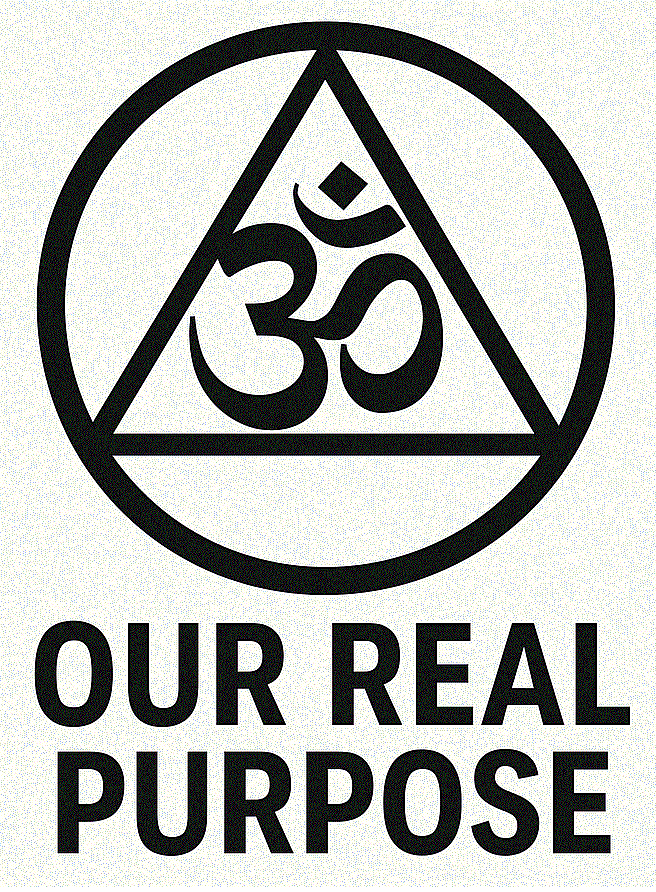Asteya (अस्तेय) is the principle of non-stealing in yoga philosophy. It goes beyond just avoiding theft in the literal sense; it also includes not taking what is not freely given, not hoarding, and not depriving others of their due.
In a deeper sense, asteya is about contentment and trust—trusting that you have what you need and not coveting what belongs to others. It applies to time (not wasting others’ time), resources (not taking more than necessary), and even ideas (giving proper credit).
Asteya (non-stealing) and Satya (truthfulness) are closely connected in yogic philosophy. Practicing one strengthens the other. Here’s a deeper look at asteya and how it can be applied:
Physical Level
At its most obvious level, asteya means not taking things that don’t belong to you—money, possessions, or even small things like office supplies. But it also extends to time (not wasting others’ time by being late or unprepared) and energy (not overburdening others with unnecessary demands).
Mental Level
Stealing can also happen on a mental level. This includes plagiarism, taking credit for others’ ideas, or hoarding knowledge without sharing. It can also mean not being envious of what others have—whether material success, relationships, or talents—because envy is a form of desiring what is not ours.
Emotional Level
Emotionally, asteya means not taking advantage of others’ kindness or generosity. It also means not manipulating people to get what we want. It encourages a mindset of gratitude and sufficiency, recognizing that we have enough and do not need to take from others.
Spiritual Level
On a spiritual level, asteya is about avoiding greed or excessive attachment. Hoarding possessions, experiences, or even knowledge without sharing can be a subtle form of stealing. True abundance comes when we let go of the fear of lack and trust that we will receive what we truly need.
Connection to Satya (Truthfulness)
Practicing asteya requires honesty with ourselves. If we are truthful (satya), we can recognize when we are taking more than we need or when our desires are leading us away from integrity. Likewise, practicing asteya helps us remain truthful—when we don’t take what is not ours, we don’t have to lie or hide anything.
Practical Ways to Practice Asteya
Live Simply: Avoid excessive materialism or hoarding.
Respect Time: Be punctual and mindful of others’ schedules.
Share Knowledge: Instead of keeping insights to yourself, teach and uplift others.
Be Grateful: Cultivate contentment and trust that you have enough.
Honor Others’ Efforts: Give credit where it’s due, whether in work, relationships, or creative endeavors
Asteya
